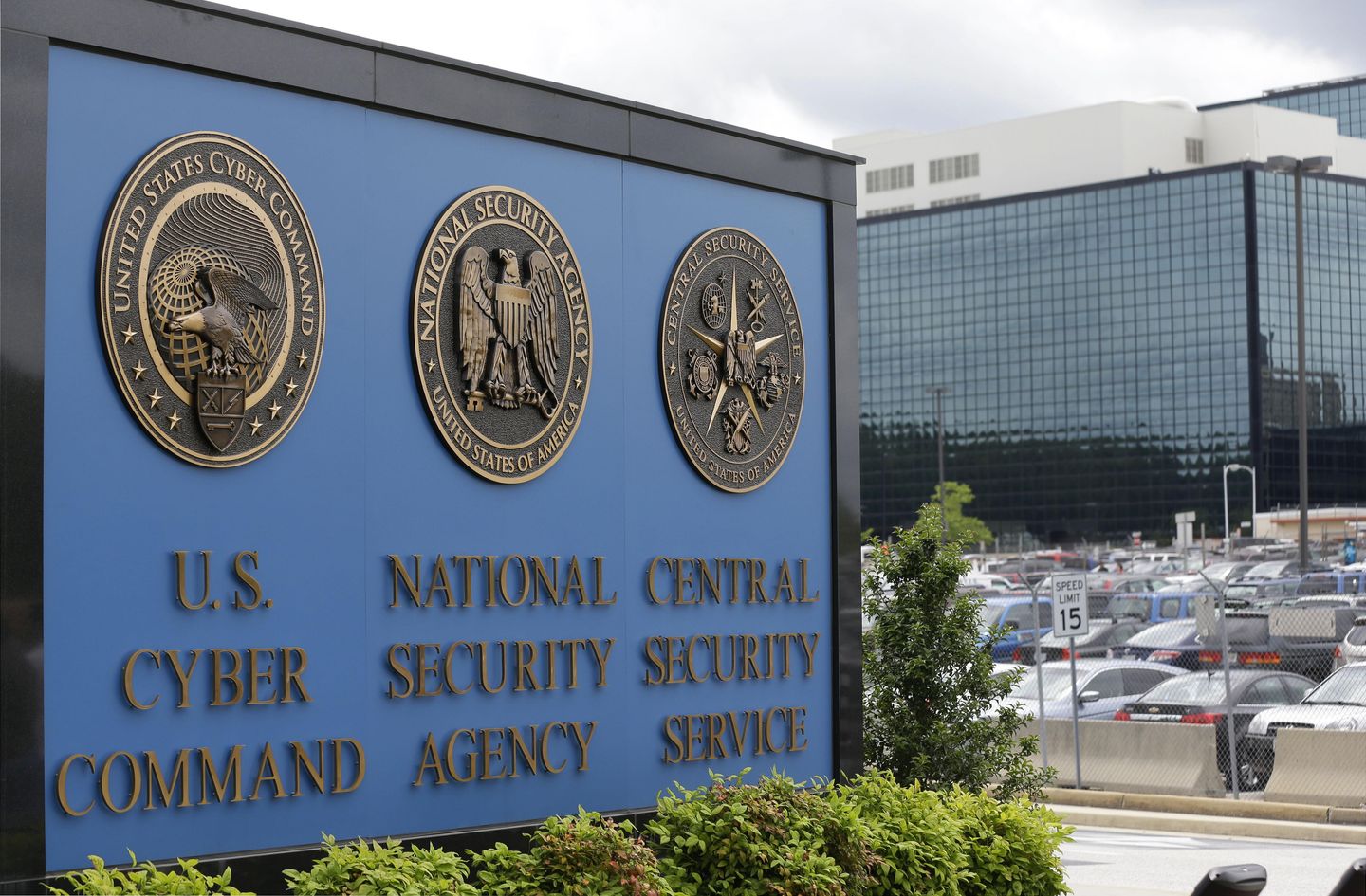The National Security Agency (NSA), one of the most secretive and powerful intelligence agencies in the United States, is reportedly preparing to share some of its closely held secrets with certain partners and stakeholders. This development comes as a surprise to many, as the NSA is known for its strict adherence to secrecy and confidentiality.
The NSA, which is responsible for collecting and analyzing foreign intelligence information, has long been shrouded in mystery and intrigue. Its activities are often classified, and its operations are carried out in secret. The agency’s primary mission is to protect the United States and its interests by gathering intelligence on foreign threats and adversaries.
Despite its reputation for secrecy, the NSA has occasionally worked with other government agencies and international partners to share intelligence and collaborate on important national security issues. However, the agency has always been very selective about the information it shares and the parties with whom it shares it.
The decision to share some of its closely held secrets is a significant departure from the NSA’s usual practices. It is unclear what specific information the agency plans to share or with whom it intends to share it. However, experts believe that this move could signal a shift in the NSA’s approach to intelligence sharing and cooperation.
Some analysts speculate that the NSA’s decision to share its secrets may be driven by a desire to improve relationships with other agencies and partners, or to enhance its own capabilities and effectiveness. By sharing information with select partners, the NSA may be able to leverage their expertise and resources to better address emerging threats and challenges.
Others believe that the NSA’s decision to share its secrets may be a response to increasing pressure from lawmakers and the public to be more transparent and accountable. In recent years, the NSA has faced criticism and scrutiny for its surveillance activities and alleged violations of privacy rights. By sharing some of its closely held secrets, the agency may be seeking to demonstrate its commitment to openness and accountability.
Regardless of the reasons behind the NSA’s decision, the move to share its closely held secrets is likely to have far-reaching implications for U.S. national security and intelligence operations. The agency’s secrets are highly classified and closely guarded, and any breach of security could have serious consequences for the country’s security and interests.
It is important for the NSA to carefully consider the potential risks and benefits of sharing its secrets before proceeding. The agency must ensure that the information it shares is handled securely and responsibly, and that it is shared only with trusted partners who have a legitimate need to know.
In addition, the NSA must be prepared to address any concerns or objections that may arise from sharing its closely held secrets. It is likely that some stakeholders, both within and outside the government, may have reservations about the agency’s decision to disclose sensitive information.
Overall, the NSA’s decision to share some of its closely held secrets represents a significant shift in the agency’s approach to intelligence sharing and cooperation. It remains to be seen how this decision will impact the agency’s relationships with other agencies and partners, as well as its overall effectiveness in fulfilling its mission to protect the United States and its interests.
The NSA is no stranger to controversy and scrutiny. The agency has been the subject of numerous investigations and revelations over the years, including the infamous Edward Snowden leaks in 2013. These leaks exposed the NSA’s widespread surveillance activities and sparked a national debate about privacy and civil liberties.
Since then, the NSA has implemented various reforms and changes to its operations in an effort to address concerns about privacy and transparency. However, the agency’s reputation as a secretive and powerful intelligence organization remains intact, and its activities continue to be closely monitored by lawmakers, advocacy groups, and the public.
The decision to share some of its closely held secrets is likely to generate both interest and skepticism among observers. Some may view the move as a positive step towards greater transparency and cooperation, while others may see it as a risky and unnecessary compromise of national security.
In any case, the NSA’s decision to share its secrets will undoubtedly have important implications for the agency and its stakeholders. It will be interesting to see how this development unfolds and how it shapes the future of U.S. intelligence operations and national security.









